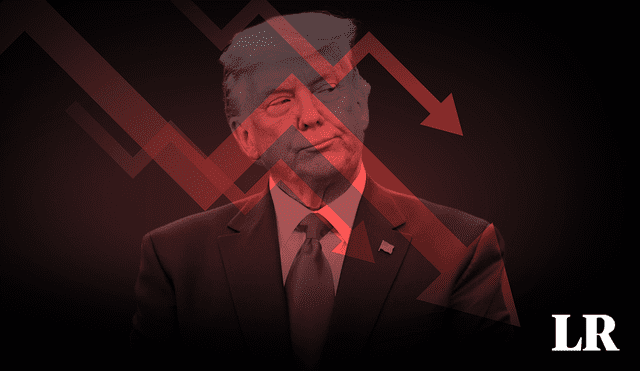Trump’s new term starts with weak approval: What his support Rating tells Us
Trump begins his second term with a 47% approval rating, signaling a divided public opinion. His controversial decisions on pardons and international issues play a key role in shaping his weak support.

As President Donald Trump begins his second term in office, his approval rating stands at 47%, according to a recent Reuters/Ipsos poll conducted on January 21, 2025. While this marks a slight increase compared to his first-term average of 45%, it is still below the critical 50% mark, suggesting a divided public opinion. The approval rating reveals mixed support for Trump’s policies and a nation that remains polarized.
This analysis looks into the key factors influencing Trump’s approval rating, including his controversial decisions regarding the January 6 pardons, immigration policies, and international objectives, which all play a role in shaping his public image.
Trump's Approval Rating: An overview of public opinion
At the start of his second term, Trump’s approval rating of 47% places him in a middle ground, higher than his first-term average but still far from the level of widespread support seen in previous presidencies. Despite the increase, the number remains significantly lower than what is typically needed to indicate broad bipartisan support.
- Pardons of January 6 Offenders: A significant factor that has influenced Trump’s approval is his decision to pardon many individuals convicted in connection with the January 6, 2021, Capitol attack. This move was met with widespread opposition, with 58% of respondents stating they were against the pardons. This highlights the deep divisions within the electorate regarding Trump’s actions and their perception of his leadership on matters of justice.
- Public Opinion on Justice System Politicization: Trump’s handling of the politicization of the justice system was similarly unpopular, with only 29% of respondents approving of his approach. This low level of support suggests that many Americans are uncomfortable with Trump’s involvement in legal and judicial matters, further contributing to his weak approval rating.
Key issues affecting Trump’s support
Trump’s support continues to vary significantly across different policy areas, reflecting both his strong base and the widespread criticism of certain actions.
- Immigration Policy: Trump has long taken a hard stance on immigration, and in this case, 46% of Americans approved of his handling of immigration issues. Additionally, 58% of respondents expressed support for reducing the number of migrants allowed to claim asylum at the U.S. border. This shows that while Trump’s immigration policies still resonate with a large portion of his base, it remains a divisive issue.
- International Objectives: When it comes to his international goals, Trump’s approval is notably low. For example, his idea of purchasing Greenland and attempting to regain control of the Panama Canal received just 16% and 29% approval, respectively. These figures suggest that Trump’s ambitions in global affairs may not have the support he hoped for, reflecting broader concerns about his focus on foreign policy rather than domestic issues.
What Trump's approval rating means moving forward
Trump’s approval rating indicates that while he maintains a significant portion of the electorate’s support, particularly among those who favor his hardline positions on issues like immigration, his broader popularity remains weak. The approval rating also signals challenges ahead, as his decisions on justice and international matters continue to spark debate.
With such polarized opinions, Trump faces a tough road ahead in his second term. His ability to unite the country will likely be determined by his response to domestic issues, his handling of the ongoing fallout from the January 6 pardons, and his approach to global challenges. As his approval rating shows, his presidency continues to be shaped by deep divisions within the American public.
